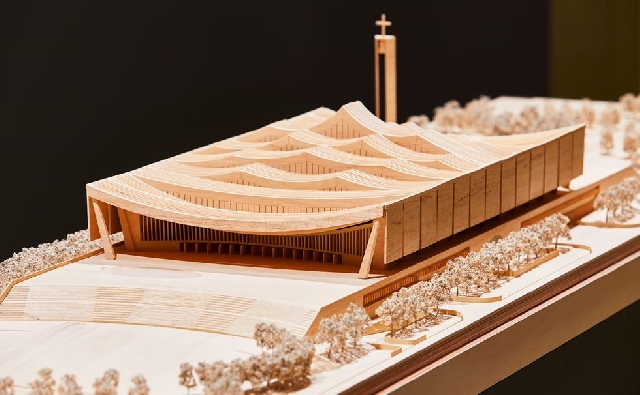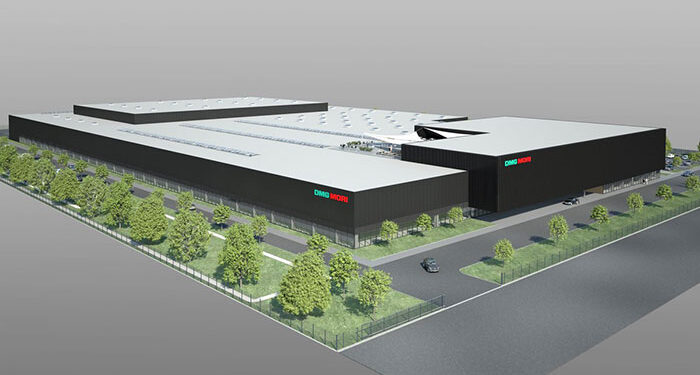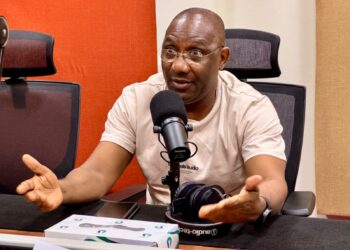Ghana and Egypt have strong historical ties dating back to post-independence. Gamel Abdel Nasser and Kwame Nkrumah were pivotal in the establishing of the Organisation of African Unity (OAU), now renamed African Union Commission.
The relationship between the two countries is so strong. While citizens require visas to travel to either country, the visa is free.
Egypt has a population of 104 million and Ghana has a population of about 30 million. In Ghana inflation is above 50 per cent, while in Egypt inflation is inching above 18 per cent.
In December 2022, Egypt received International Monetary Fund (IMF) Board approval for a $3 billion extended facility programme for 46 months, while Ghana reached a staff level agreement for $3 billion financing awaiting Board approval.
In May 2021, Egypt signed a deal with a German company. The Egyptian government signed an agreement with DMG Mori for German technology. The partnership contract between the Arab Organization for Industrialization and DMG Mori company would lead to the establishment of a Computer Numerical Controls (CNC) factory in Egypt. The project is estimated to cost €400 million.
Available information indicates that the expected factory, which will be fully automated and programmed to produce turning and milling equipment, would be located on an area of about 60,000 square meters.
The factory would provide comprehensive technical solutions, which include flexible automation, complete digital transformation, and advanced flow assembly, by using automated guided vehicle transport systems, and production is linked to the annual capacity of more than 1000 machines, in addition to industrial digitization services for factories, as well as the establishment of an academy to train on that equipment.
It is scheduled to open and make its products available in the market in 2023, and a monthly follow-up report will be prepared for the implementation steps, while adhering to the target dates for implementation and the start of production, the Egyptian Presidency had said in a statement.
Ghana however, is building a national cathedral with taxpayers’ money, despite the fact that the promise to build the cathedral was a personal pledge to God by the President.
The cathedral will sit on 14 acres of land, have a baptistery, a 5000-seat two-level theatre, a grand central hall, a music school, choir rehearsals, an art gallery, a shop, and multi-use rooms. There are also claims that it would house a restaurant where biblical era menus would be served as well as a Bible museum.

The President has ordered the building of the cathedral. The start of construction included the pulling down of homes occupied by judges to create space for the cathedral estimated to cost $400 million. Parliament last December rejected a budgetary allocation of $80 million for the cathedral.
So far a total of GH¢340 million has been spent on the cathedral, still at the foundation level.
“This total is made up of the following: the amount paid directly to the National Cathedral Secretariat is GH¢225 million. The amount paid directly to the Consultant, Adjaye Associates & Design Team is GH¢113.040.54.67 million. The two payments total GH¢339.003.064.86,” said, Dr. Paul Opoku Mensah, the Executive Director of the National Cathedral Secretariat on January 2, 2023. GH¢340 million is approximately $33 million.
Two countries. All of the seeking IMF financing. One is building a factory, and the other os building a cathedral.










Discussion about this post